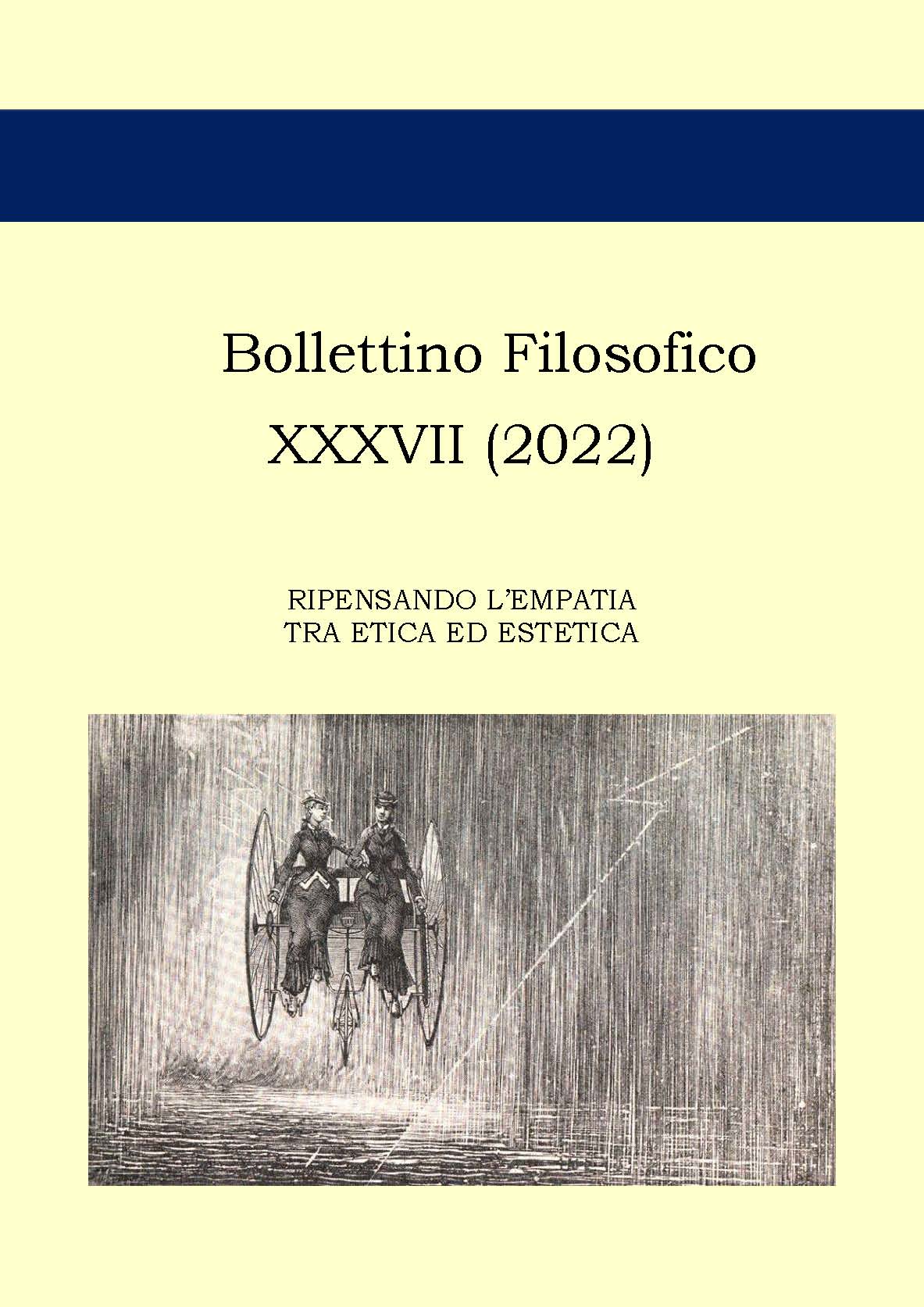Vestire i panni di un altro: l’empatia dell’attore nei confronti del personaggio
Abstract
What does it mean for an actor to empathize with the character she is playing? We review different theories of empathy and of acting. We then consider the notion of “twofoldness” (Wollheim), which has been used to characterize the observer or audience perspective on the relation between actor and character (Smith). This same kind of twofoldness or double attunement applies from the perspective of the actor herself who must, at certain points of preparation, distinguish between the character portrayed and her own portrayal effected in her craft. We argue that this concept helps us to understand how the actor can empathize with her character. For the actor who must study and rehearse her character, empathy may begin with higher-order (narrative or imaginative) processes that provide a contextualized understanding of the character. This understanding eventually integrates with more basic empathic processes in her actual performance.
Keywords: Acting, Character, Empathy, Imagination, Narrative, Twofoldness
Downloads
Bollettino Filosofico pubblica in internet, ad accesso aperto, con licenza:
|
|
CCPL Creative Commons Attribution |
L'autore conserva il copyright sul suo contributo, consentendo tuttavia a chiunque "di riprodurre, distribuire, comunicare al pubblico, esporre in pubblico, rappresentare, eseguire e recitare l'opera", purché siano correttamente citati l'autore e il titolo della rivista. L’autore, al momento della proposta di pubblicazione, è inoltre tenuto a dichiarare che il contenuto e l’organizzazione dell’opera è originale e non compromette in alcun modo i diritti di terzi, né gli obblighi connessi alla salvaguardia di diritti morali ed economici di altri autori o di altri aventi diritto, sia per testi, immagini, foto, tabelle, sia per altre parti di cui il contributo può essere composto. L’autore dichiara altresì di essere a conoscenza delle sanzioni previste dal codice penale e dalle leggi speciali per l’ipotesi di falsità in atti ed uso di atti falsi, e che pertanto Bollettino Filosofico è esente da qualsiasi responsabilità di qualsivoglia natura, civile, amministrativa o penale, e sarà dall'autore tenuta indenne da qualsiasi richiesta o rivendicazione da parte di terzi.
